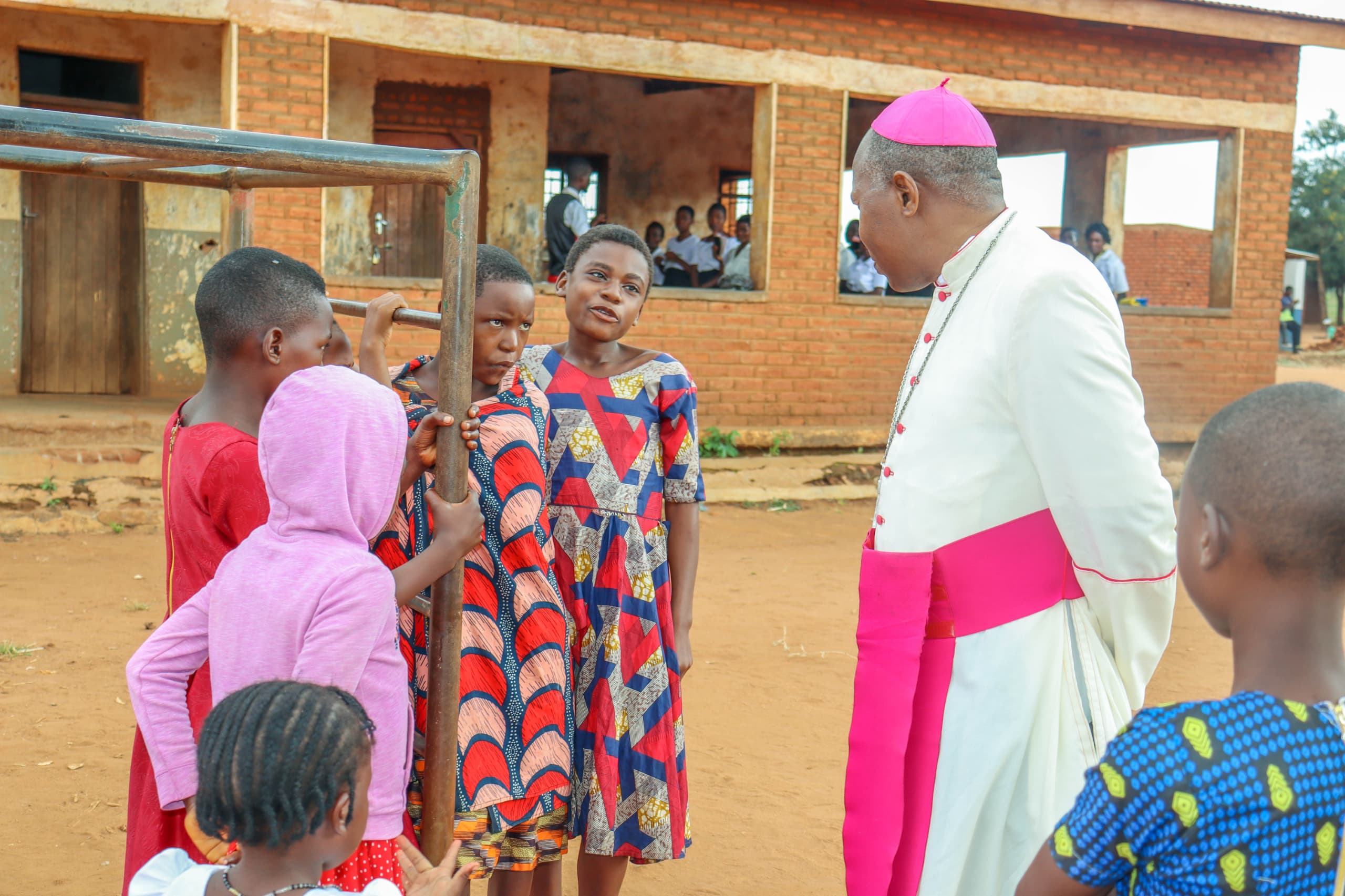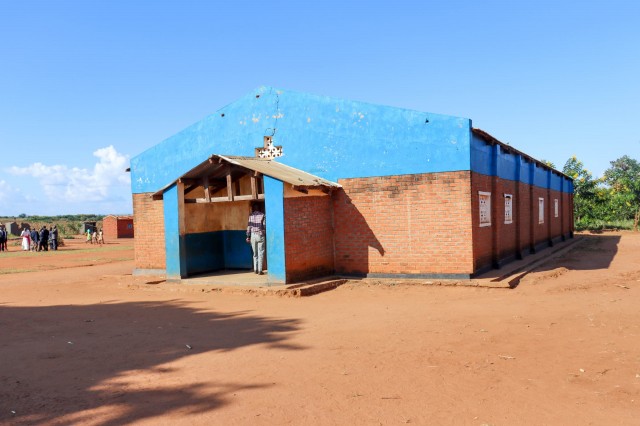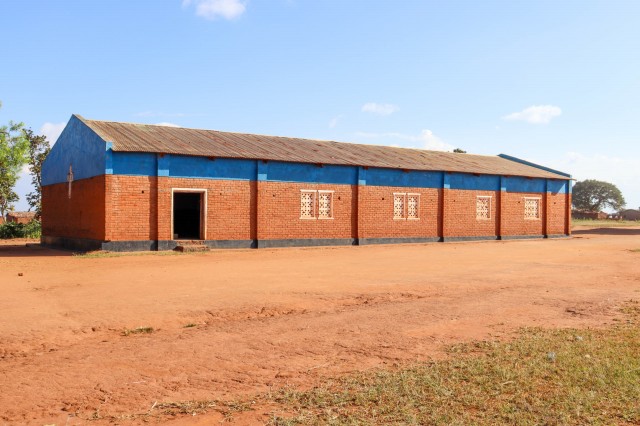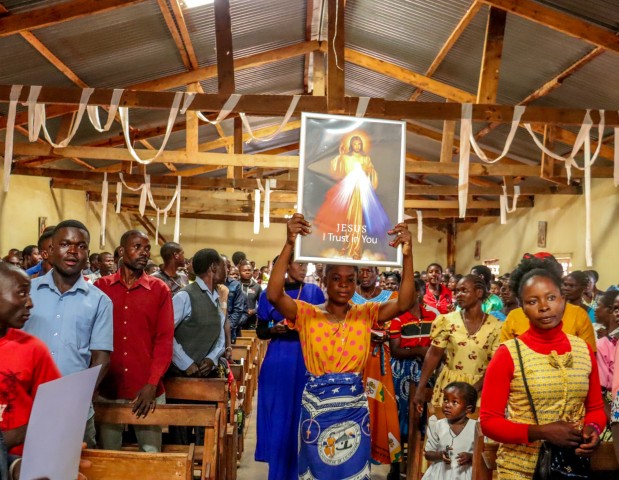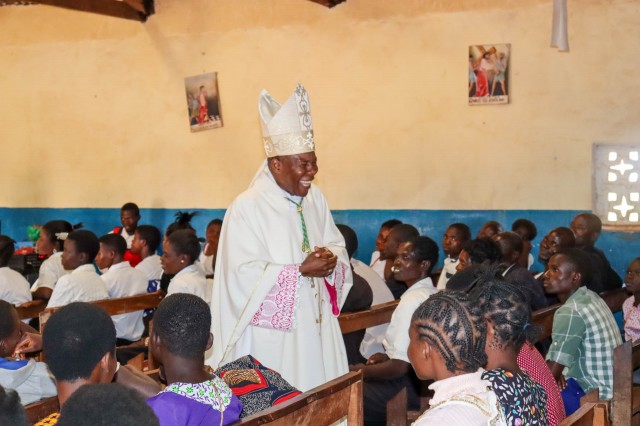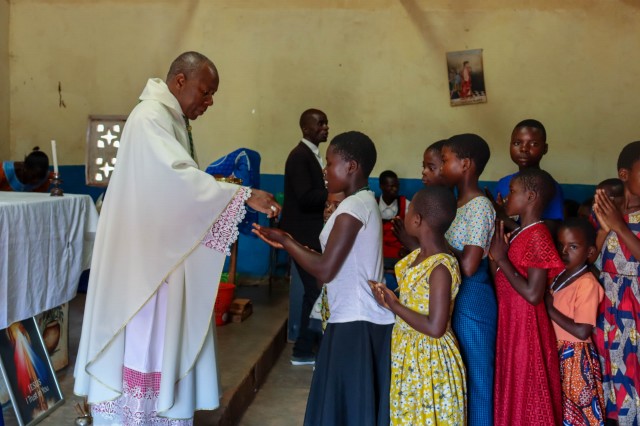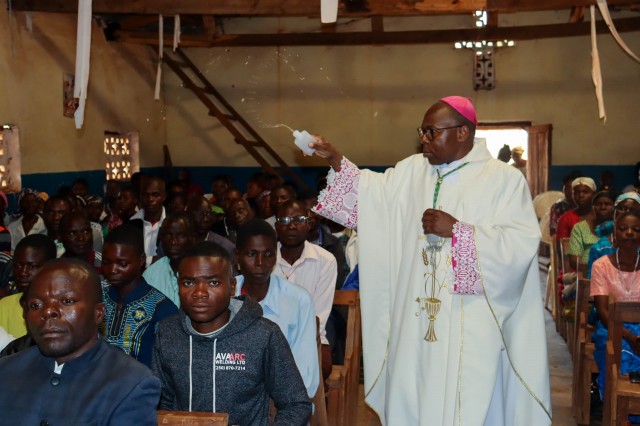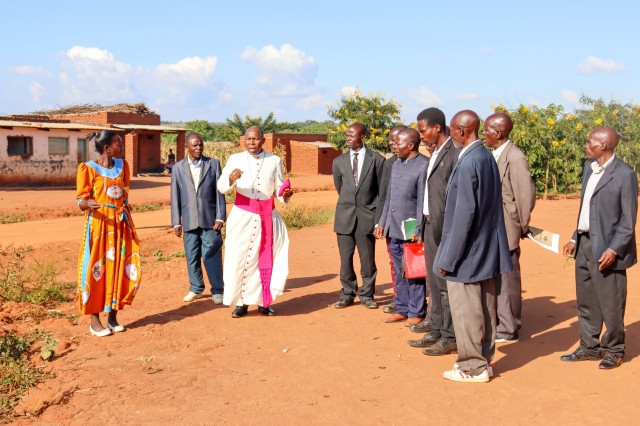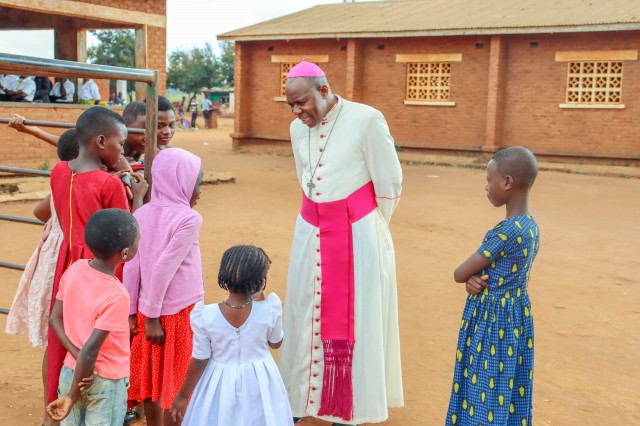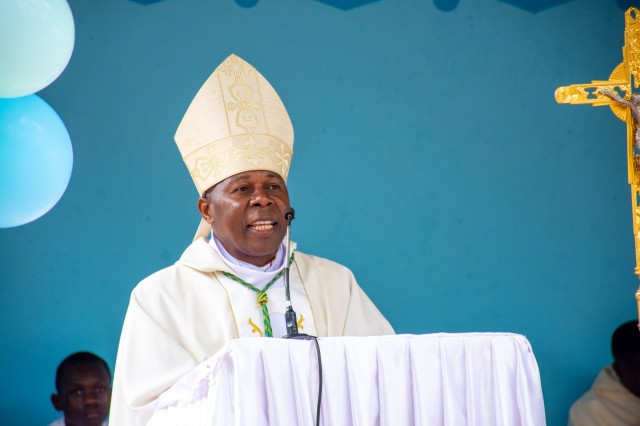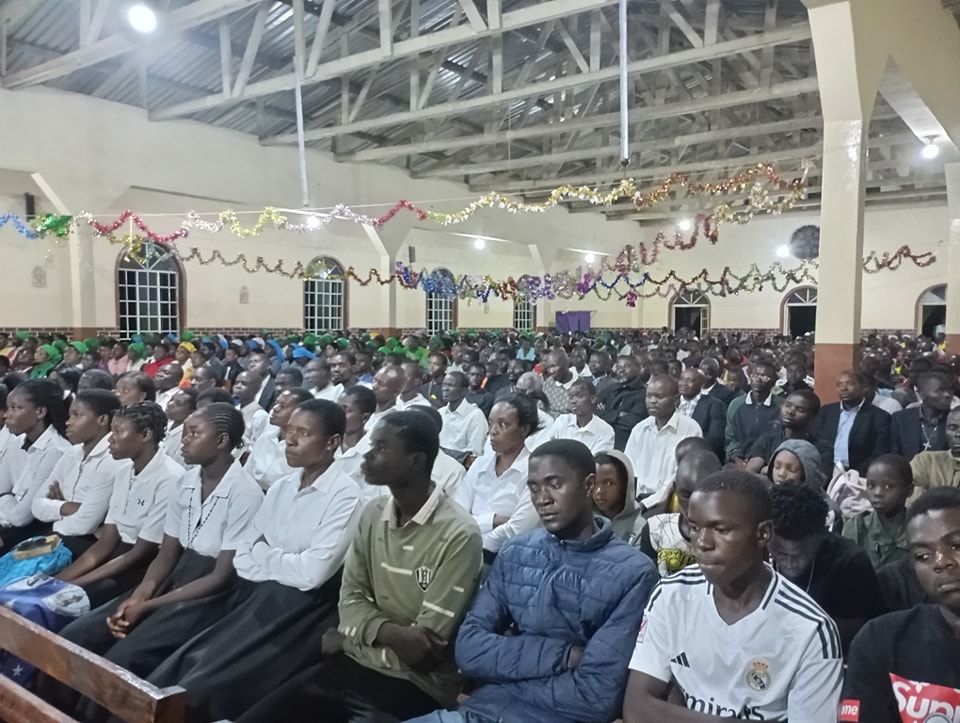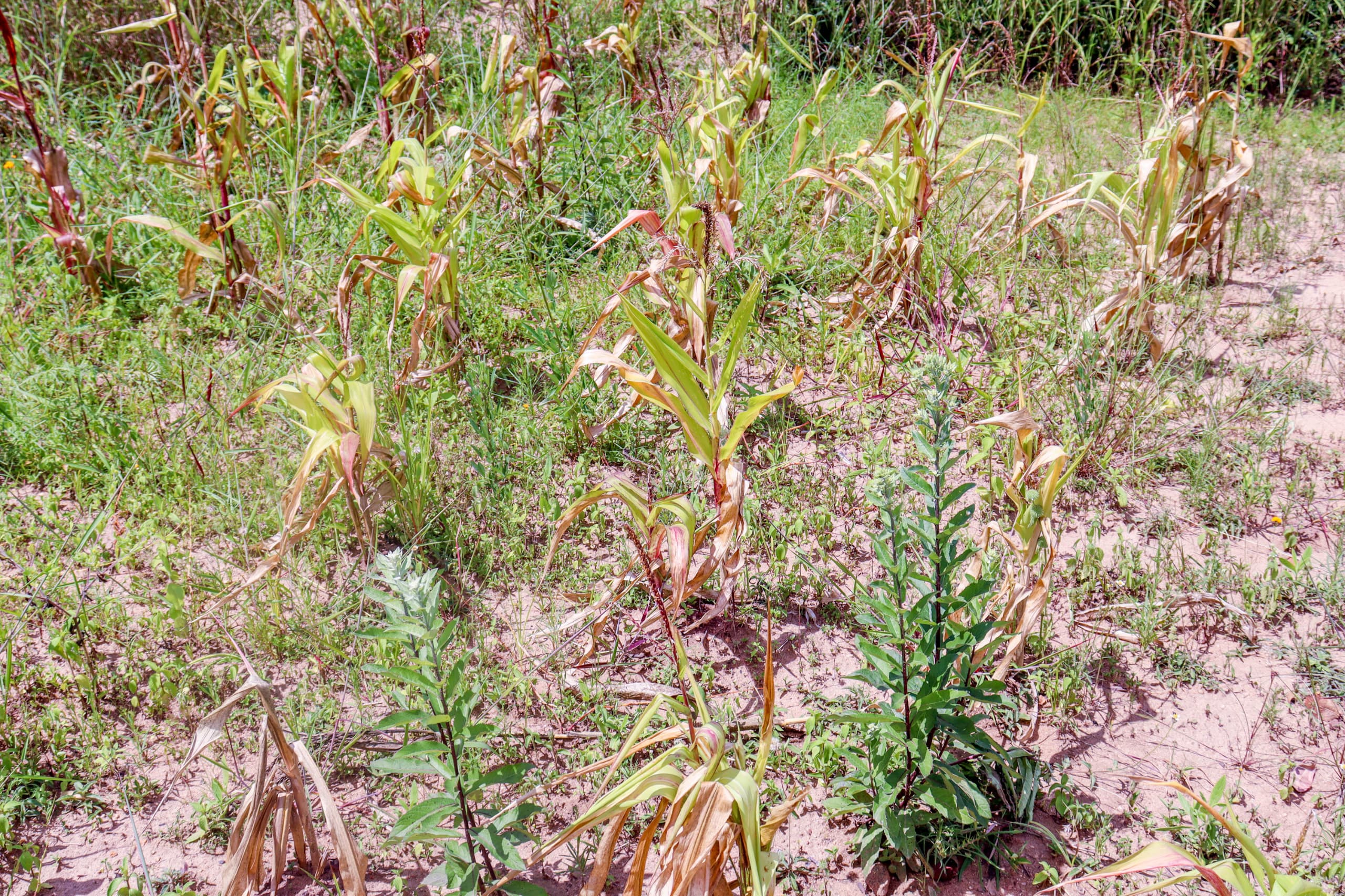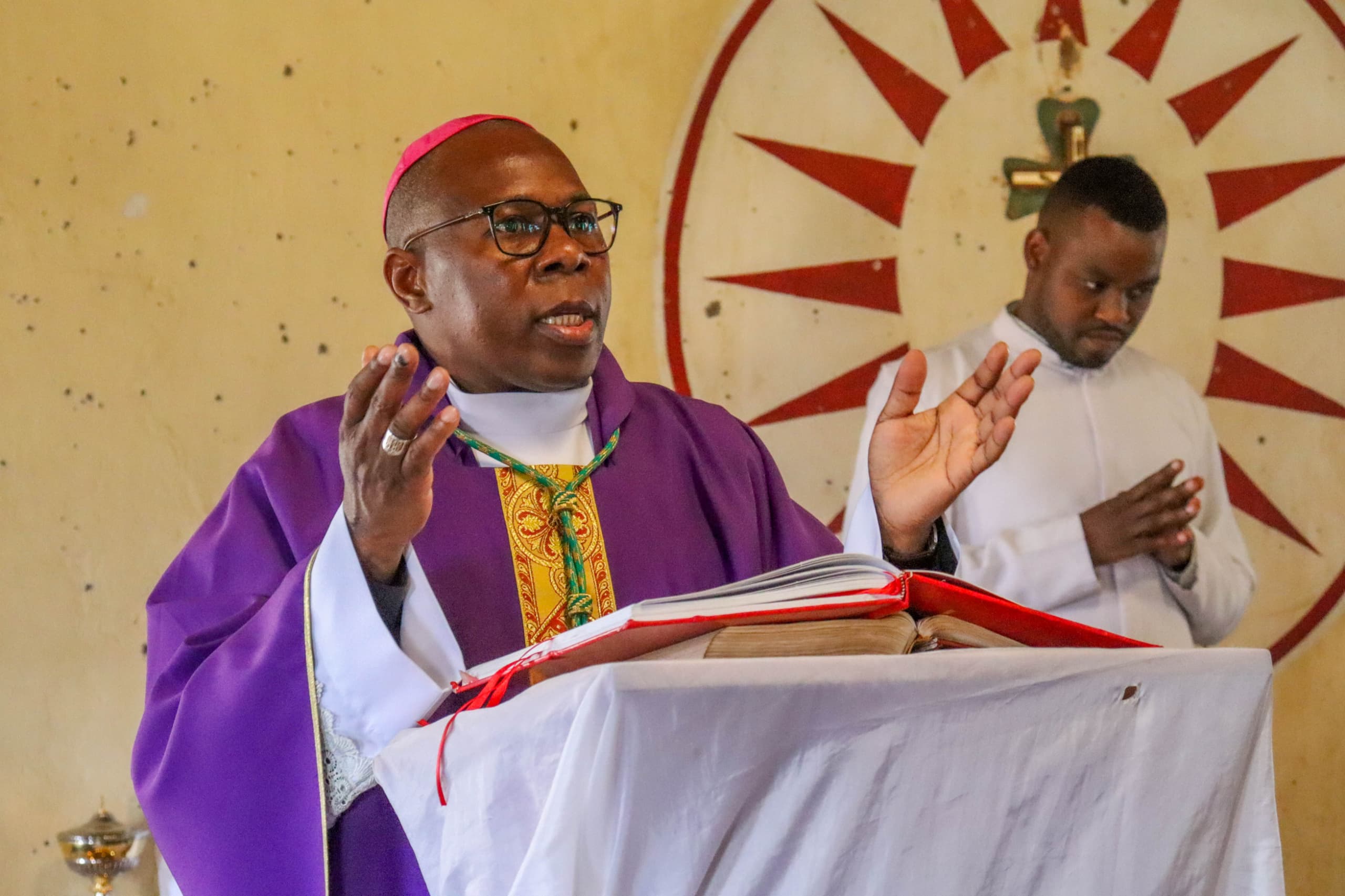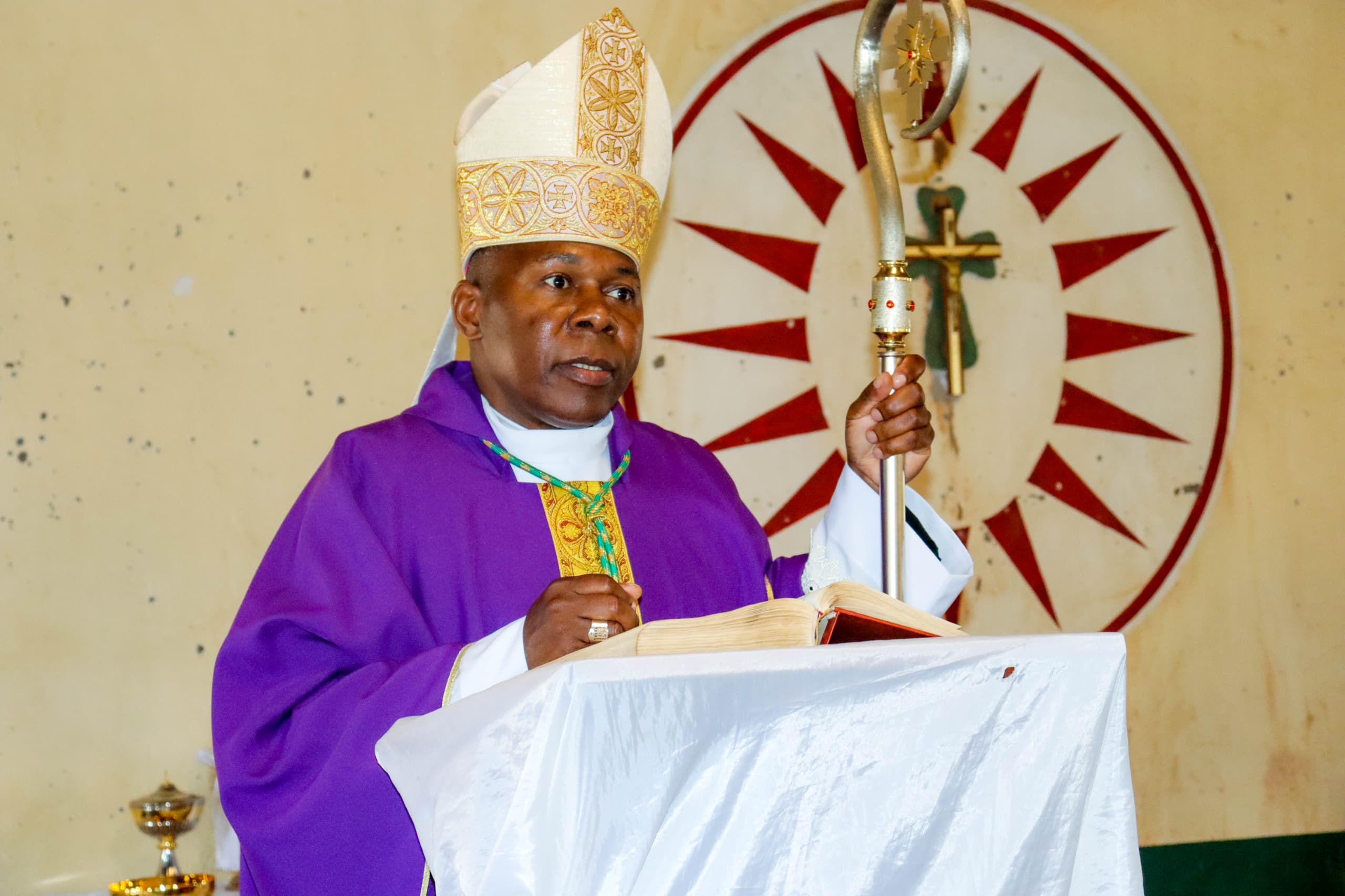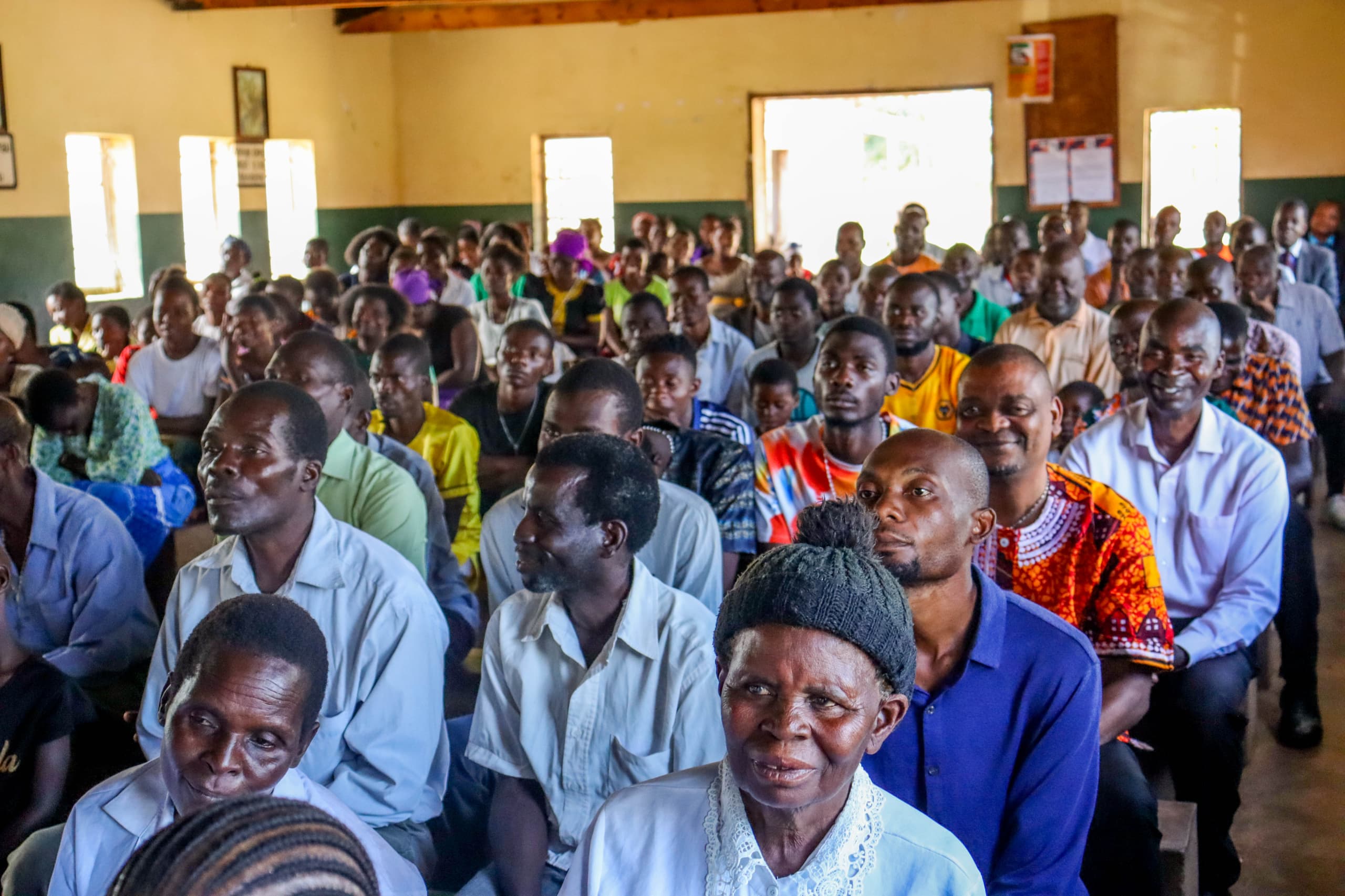The Catholic Archdiocese of Lilongwe has amplified calls by some citizens whose farm fields were affected by the dry spells, hailstorms and floods in some parts of the country.
This follows reports indicating that Malawi will continue to face significant food security challenges during the 2025/2026 lean season, especially in the southern and central regions, due to these adverse climatic conditions and ongoing economic pressures.
The Church’s development arm, CADECOM, has stated that “all districts in southern Malawi are currently facing Crisis-level outcomes (IPC Phase 3) due to below-average crop production, limited livelihood opportunities, and high food prices.”
Similar food security conditions “are also observed” in parts of the central region, particularly in Lilongwe, Mchinji, Nkhotakota, and Salima.

One of the affected fields in Lilongwe
During our visit to some fields in central and southern Malawi, affected farmers expressed despair, fearing they would be unable to provide food for their families, especially as even alternative crops like beans have also failed.
“The maize started well in our fields, but due to prolonged dry spells, it didn’t survive. The fertilizer we applied was lost, and we couldn’t afford to start all over again,” said Group Village M’bwinja of Traditional Authority Chimutu in Lilongwe.
A Blantyre-based farmer, Tereza Langton, told us that the failed maize production will increase challenges in her household, as she will not be able to provide for basic needs, including school fees for her children. “We need a hand from well-wishers,” she pleaded.
In a separate interview, the Auxiliary Bishop of the Catholic Archdiocese of Lilongwe, Right Reverend Vincent Frederick Mwakhwawa, said the Church is concerned about the shortage of food in rural communities, where many already impoverished individuals will suffer.
“They will struggle because they do not have the income to buy food that is now expensive,’’ he lamented.
He further stated that the Church is linking with government departments and other stakeholders to identify such communities, and through “our church institutions like parishes, the Catholic Development Commission (CADECOM) and the Tiwale Limodzi Foundation, will also be used to support some communities with food relief.”
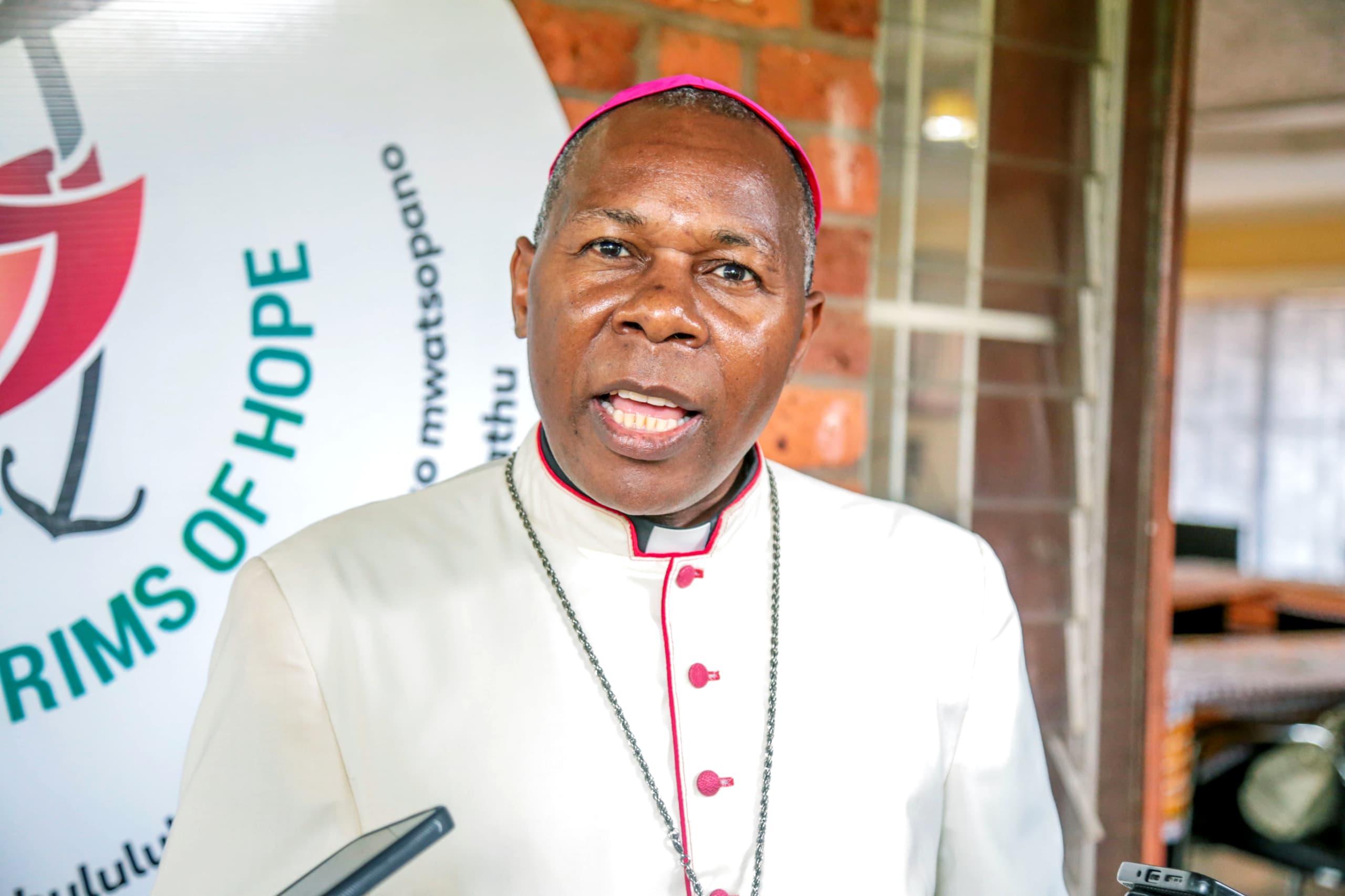
Rt. Rev. Vincent Mwakhwawa- Auxiliary Bishop of Lilongwe
The Auxiliary Bishop, on behalf of the Archbishop of Lilongwe the Most Reverend George Desmond Tambala, however, calls for more support from well-wishers to aid these affected households.
As one way of empowering community members toward food security, Bishop Mwakhwawa said “the agricultural inputs would also be helpful for these households so that they can use their land in the winter cropping season to grow crops for use in their households.
According to the Ministry of Agriculture’s second-round Agricultural Production Estimates Survey (APES), released in March 2025, approximately 79,119 hectares of crops have reportedly been destroyed due to dry spells, hailstorms, and flooding affecting 141,994 households.
Other districts that have also been affected with these adverse climatic conditions include Dowa, Ntchisi and Kasungu in the central region; Karonga and Mzuzu in the northern region; and Mangochi, Machinga, Zomba and Phalombe in the southern region.
A report published last year by the Malawi Vulnerability Assessment Committee (MVAC) stated that approximately 5.7 million people were projected to experience food insecurity during the peak lean season from October 2024 to March 2025.
END.
By Brenard Mwanza
